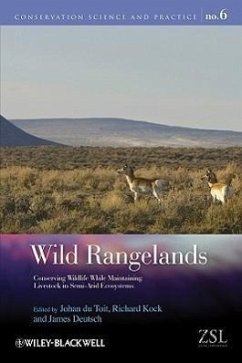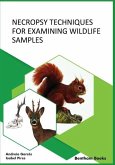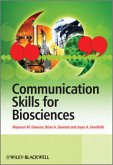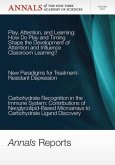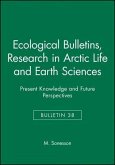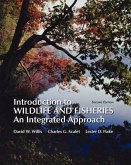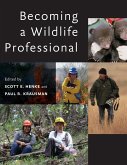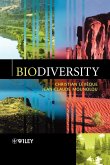Rangelands, which include unimproved grasslands, shrublands, savannas and semi-deserts, and represent almost half of the terrestrial surface of the Earth, are defined by their use by people as grazing lands for extensive livestock production. However, these ecosystems also constitute a major share of global biodiversity, include some of the most charismatic landscapes and species on our planet, and supply essential ecosystem goods and services to many millions of people who live outside of the global economy. Reconciling livestock production with wildlife conservation is thus a key requirement of sustainable development, but the obstacles are immense. The contributors to this book include leading experts who have pooled their experiences from all continents to cover the ecological, sociological, political, veterinary, and economic aspects of the situation as it exists today. This is to provide practitioners, and students of rangeland management and wildland conservation with a diversity of perspectives on a central question: can rangelands be wildlands?
"That said, 'Wild rangelands' provides an extensive andup-to-date treatment of challenges and issues for rangelandconservation, and the plight of those who rely on livestock forlivelihoods is strongly drawn into both the case studies and themore conceptual chapters. Hence, 'Wild rangelands' willprovide an informative and useful volume from a variety ofperspectives." (Pastoralism: Research, Policy & Practice, 2011)
"In conclusion, Wild Rangelands is a must-read for researchers,conservationists and ranchers alike and should be included inuniversity wildlife biology teaching curricula to facilitate astronger grounding of biology graduates in the broader socialissues affecting conservation today." (African Journal of Range andForage Science, 2011)
"In conclusion, Wild Rangelands is a must-read for researchers,conservationists and ranchers alike and should be included inuniversity wildlife biology teaching curricula to facilitate astronger grounding of biology graduates in the broader socialissues affecting conservation today." (African Journal of Range andForage Science, 2011)

